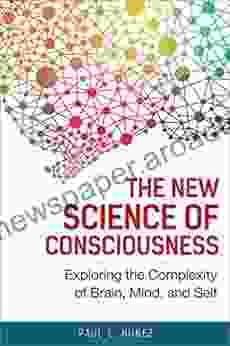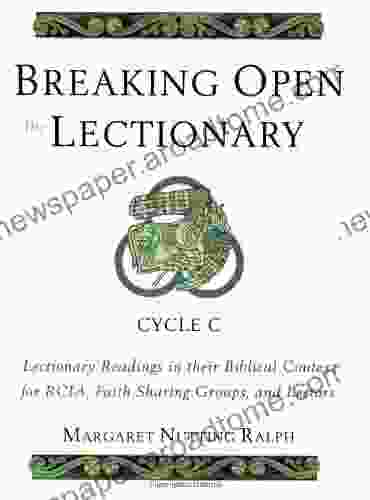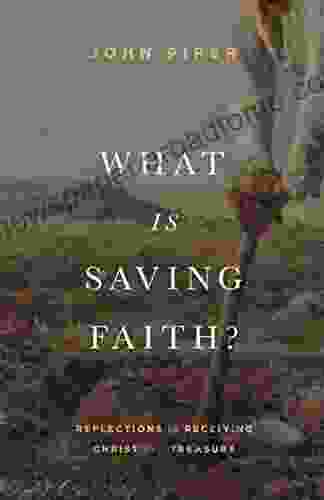Exploring the Complexity of Brain, Mind, and Self

Unraveling the Mysteries of Our Existence
The human experience is an enigma, a labyrinth of interconnected phenomena that have puzzled thinkers for centuries. At the heart of this mystery lies the intricate relationship between the brain, the mind, and the self. These three entities are inextricably linked, yet their precise nature and interactions remain elusive.
4 out of 5
| Language | : | English |
| File size | : | 7316 KB |
| Text-to-Speech | : | Enabled |
| Screen Reader | : | Supported |
| Enhanced typesetting | : | Enabled |
| Word Wise | : | Enabled |
| Print length | : | 376 pages |
In this comprehensive guide, we embark on a captivating journey to explore the complexities of brain, mind, and self. Through a multifaceted approach that draws upon neuroscience, psychology, and philosophy, we will unravel the mysteries of consciousness, identity, and free will.
Delving into the Physical Realm: The Brain
The brain, the physical organ housed within our skulls, is the tangible foundation of our being. It is a universe of interconnected neurons, synapses, and neurochemicals, each playing a crucial role in our thoughts, feelings, and actions.
Neuroscience has made remarkable strides in mapping the brain's intricate structures and functions. We now know that different regions of the brain are specialized for specific tasks, from motor control to language processing and emotional regulation.
Yet, despite these advances, the brain remains an enigma. The sheer complexity of its neural networks poses a formidable challenge to our understanding. How do these billions of neurons give rise to the subjective experience of consciousness?
Exploring the Unseen: The Mind
The mind, in contrast to the physical brain, is a less tangible concept. It encompasses our thoughts, emotions, memories, and subjective experiences. The mind is the realm of consciousness, the ability to be aware of our own existence.
Psychology has sought to unravel the mysteries of the mind through various approaches. Cognitive psychology investigates the processes involved in thinking, language, and memory. Emotional psychology explores the nature and regulation of emotions.
But the mind remains an elusive subject. Its subjective nature makes it difficult to study objectively. How can we truly understand the workings of our own minds, when they are accessible only to ourselves?
Unveiling the Enigma: The Self
The self is the culmination of our brain and mind. It is the sense of identity that defines who we are. The self encompasses our beliefs, values, memories, and aspirations.
Philosophy has grappled with the concept of the self for centuries. Descartes famously declared, "I think, therefore I am," establishing the self as a cornerstone of human existence.
Modern philosophy has challenged this notion, suggesting that the self is not a fixed entity, but rather a narrative that we construct over time. Our experiences, relationships, and culture all shape our sense of self.
The Interplay: Brain, Mind, and Self
The brain, mind, and self are not separate entities, but rather interconnected parts of a complex system. They interact continuously, influencing and shaping each other.
The brain provides the physical substrate for the mind and the self. It is through the brain that we perceive the world, process information, and make decisions.
The mind, in turn, influences the brain's activity. Our thoughts, emotions, and beliefs can alter the brain's neural circuitry, leading to changes in behavior and physiology.
The self serves as a mediator between the brain and the mind. It integrates our experiences into a coherent narrative, shaping our perception of reality and our place within it.
Consciousness: The Holy Grail of Understanding
Consciousness remains one of the greatest mysteries of the human experience. How does the brain, a physical organ, give rise to the subjective experience of consciousness?
Neuroscientists have identified various brain regions associated with consciousness. However, the precise neural mechanisms that underlie consciousness remain unknown.
Philosophers have proposed various theories of consciousness, from the materialist view that it is a product of brain activity to the dualist view that it is a separate entity from the physical world.
Identity: The Malleable Construct
Our sense of self is not static, but rather an evolving construct that is shaped by our experiences, relationships, and culture.
Social psychology has demonstrated the influence of social interactions on our self-concept. Our interactions with others provide us with feedback that shapes our beliefs about ourselves.
Developmental psychology has shown that our sense of self undergoes significant changes throughout our lifespan. As we grow and mature, our experiences and perspectives reshape our self-concept.
Free Will: The Illusion or Reality?
The question of free will has long been a subject of philosophical debate. Do we truly have the ability to make our own choices, or are our actions predetermined by factors beyond our control?
Neuroscience has provided evidence that suggests that our decisions are influenced by unconscious processes. Our brain activity often precedes our conscious awareness of a decision.
However, philosophers argue that the unconscious is still part of ourselves. They suggest that free will is not about having complete control over our actions, but rather about the ability to reflect upon our choices and make decisions in accordance with our values.
: The Ongoing Quest for Understanding
The exploration of brain, mind, and self is an ongoing quest for understanding. These three entities are intertwined in a complex and multifaceted relationship that continues to challenge our knowledge and beliefs.
This guide has provided a comprehensive overview of the current state of research and debate in this field. As we delve deeper into the mysteries of our own being, we inch closer to unraveling the enigma of human existence.
Let this guide be your companion on this fascinating journey of self-discovery. May it illuminate the depths of your own brain, mind, and self, and empower you with a profound understanding of the human condition.
4 out of 5
| Language | : | English |
| File size | : | 7316 KB |
| Text-to-Speech | : | Enabled |
| Screen Reader | : | Supported |
| Enhanced typesetting | : | Enabled |
| Word Wise | : | Enabled |
| Print length | : | 376 pages |
Do you want to contribute by writing guest posts on this blog?
Please contact us and send us a resume of previous articles that you have written.
 Book
Book Novel
Novel Page
Page Chapter
Chapter Text
Text Story
Story Genre
Genre Reader
Reader Library
Library Paperback
Paperback E-book
E-book Magazine
Magazine Newspaper
Newspaper Paragraph
Paragraph Sentence
Sentence Bookmark
Bookmark Shelf
Shelf Glossary
Glossary Bibliography
Bibliography Foreword
Foreword Preface
Preface Synopsis
Synopsis Annotation
Annotation Footnote
Footnote Manuscript
Manuscript Scroll
Scroll Codex
Codex Tome
Tome Bestseller
Bestseller Classics
Classics Library card
Library card Narrative
Narrative Biography
Biography Autobiography
Autobiography Memoir
Memoir Reference
Reference Encyclopedia
Encyclopedia Jonathan Chaffer
Jonathan Chaffer Kearsten Williams
Kearsten Williams Marti Deleon
Marti Deleon Jordan Kaye
Jordan Kaye Steven Sanders
Steven Sanders Julian Weber
Julian Weber Tim Robinson
Tim Robinson John U Hanna
John U Hanna John R Mabry
John R Mabry Julie Hoyle
Julie Hoyle Ken Simmons
Ken Simmons William Alexander Hammond
William Alexander Hammond Peter Rollins
Peter Rollins Jose Baez
Jose Baez Smiley Beagle
Smiley Beagle Tiziano
Tiziano Madlyn Wood
Madlyn Wood Jonathan Wexler
Jonathan Wexler Josh Macdonald
Josh Macdonald Master Gamer
Master Gamer
Light bulbAdvertise smarter! Our strategic ad space ensures maximum exposure. Reserve your spot today!

 Jerome BlairTwenty Small Sailboats to Take You Anywhere: The Ultimate Guide to Exploring...
Jerome BlairTwenty Small Sailboats to Take You Anywhere: The Ultimate Guide to Exploring... Braden WardFollow ·14.2k
Braden WardFollow ·14.2k David PetersonFollow ·10.9k
David PetersonFollow ·10.9k Dustin RichardsonFollow ·6.5k
Dustin RichardsonFollow ·6.5k Haruki MurakamiFollow ·9.6k
Haruki MurakamiFollow ·9.6k F. Scott FitzgeraldFollow ·18.7k
F. Scott FitzgeraldFollow ·18.7k Allen ParkerFollow ·8.8k
Allen ParkerFollow ·8.8k Ivan TurnerFollow ·11.4k
Ivan TurnerFollow ·11.4k Roald DahlFollow ·13.2k
Roald DahlFollow ·13.2k
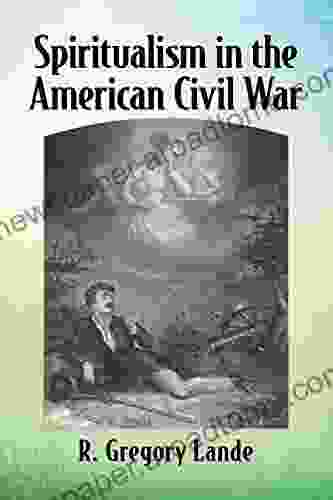
 Sidney Cox
Sidney CoxSpiritualism in the American Civil War
An Unseen Force in the...

 Robbie Carter
Robbie CarterEmpowering Healthcare Professionals: Discover the...
Welcome to the world of...

 Virginia Woolf
Virginia WoolfUnveil the Secrets of Nature's Healing Scents: "Growing...
Embark on an aromatic journey...

 Martin Cox
Martin CoxThe Fat Girl's Guide to Loving Your Body: Empowering...
Alt attribute: Confident plus-size woman...
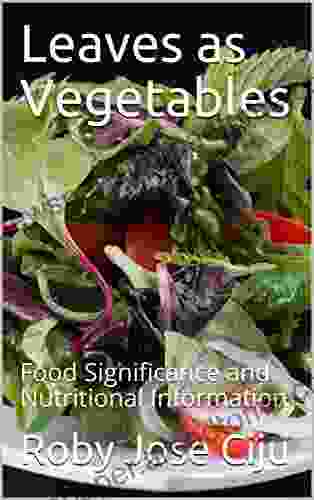
 Graham Blair
Graham BlairUnlock the Secrets of Vegetables: Their Nutritional Power...
In the realm of culinary delights and...
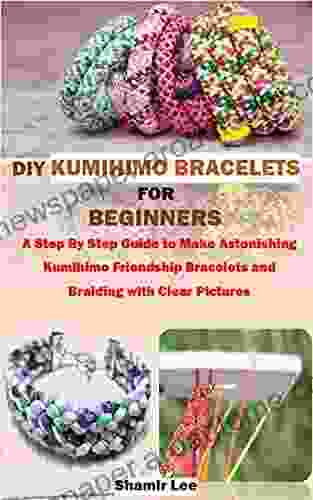
 H.G. Wells
H.G. WellsStep-by-Step Guide to Crafting Astonishing Kumihimo...
Are you ready to embark on a captivating...
4 out of 5
| Language | : | English |
| File size | : | 7316 KB |
| Text-to-Speech | : | Enabled |
| Screen Reader | : | Supported |
| Enhanced typesetting | : | Enabled |
| Word Wise | : | Enabled |
| Print length | : | 376 pages |


